When I enter the string "NOMORE" it continues to the next line where it asks me for the vehicle speed. It only stops the loops when it finishes the for loop. How can I make it so that it stops immediately when "NOMORE" is entered? Thanks for any help. I truly appreciate it. And sorry for wasting your time if I did :(
#include <iostream>
#include <string>
#include <iomanip>
using namespace std;
int main()
{
string plate;
int totalCount;
int ticketCount = 0;
double speed;
double base = 150;
double limit;
double ticket;
double overspeed;
for (totalCount = 0; plate != "NOMORE"; totalCount++)
{
cout << "Enter a license plate number --> ";
cin >> plate;
cout << "Enter current vehicle's speed --> ";
cin >> speed;
cout << "Enter speed limit in the zone --> ";
cin >> limit;
overspeed = speed - limit;
if (overspeed >= 5 && overspeed <= 20)
{
ticket = base + 5 * overspeed;
cout << "A ticket of " << setprecision(2) << fixed << ticket << " is issued to " << plate << "\n\n";
ticketCount++;
}
else if (overspeed > 20 && overspeed <= 50)
{
ticket = base + 10 * overspeed;
cout << "A ticket of " << setprecision(2) << fixed << ticket << " is issued to " << plate << "\n\n";
ticketCount++;
}
else if (overspeed > 50)
{
ticket = base + 1000 + (10 * overspeed);
cout << "A ticket of " << setprecision(2) << fixed << ticket << " is issued to " << plate << "\n\n";
ticketCount++;
}
else
cout << "No ticket is issued to " << plate << ".\n\n";
}
cout << ticketCount << " out of " << totalCount << " times\n";
return 0;
}
